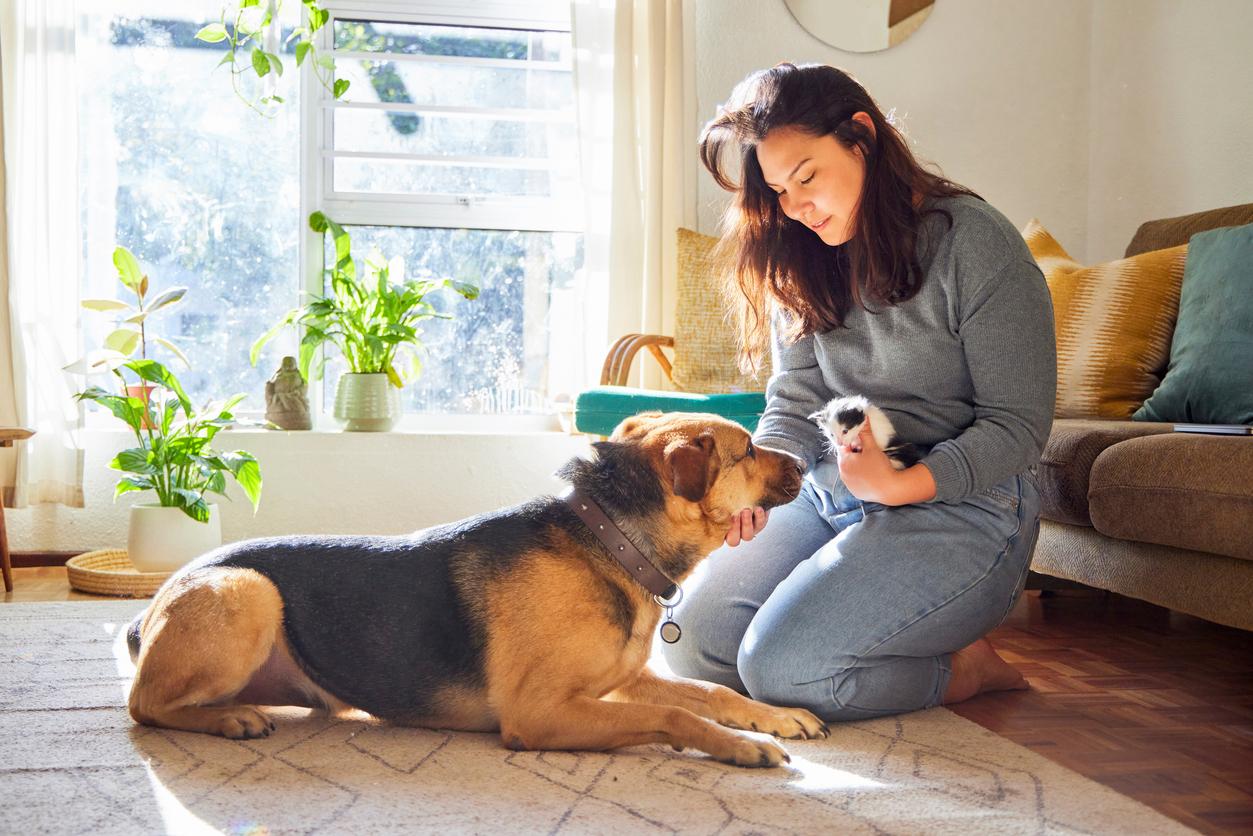Pet and House Sitting
Pet and House Sitting: A Comprehensive Overview
Pet and house sitting is a mutually beneficial arrangement where a person (the sitter) temporarily cares for a homeowner’s residence and pets while the homeowner is away. This arrangement offers the homeowner peace of mind, knowing their property is occupied and pets are in familiar surroundings.

Key Responsibilities of a Pet and House Sitter
Pet care
Providing food, fresh water, exercise (including walks for dogs), companionship, and, if needed, administering medication.
Maintaining pet routines
Adhering to established feeding, exercise, and bedtime schedules to minimize stress for the animals in their owner's absence.
Litter box and cage cleaning
Ensuring the cleanliness of pet areas to maintain a healthy and hygienic environment.
Home security
Actively occupying the home to deter potential break-ins, monitoring surveillance systems, and ensuring doors and windows are locked and secure.
Mail and package retrieval
Collecting mail and packages to prevent accumulation and ensure prompt delivery of important items.
Plant care
Watering indoor plants and tending to gardens, ensuring they receive the appropriate amount of sunlight.
Household maintenance
Performing light cleaning tasks such as vacuuming, sweeping, dusting, and washing dishes to keep the home tidy and presentable.
Managing appliances and systems
Overseeing appliances and other household functions (e.g., HVAC system) to ensure they are working properly.
Communication with homeowner
Providing regular updates on the pets and the home's condition, discussing any concerns or issues, and notifying them of emergencies.
Skills and qualities of a successful pet and house sitter
- Love for animals: A genuine affinity for animals and the ability to build rapport with various pets is crucial.
- Reliability and trustworthiness: Homeowners are entrusting their property and beloved pets, so a strong sense of responsibility and dependability is essential.
- Excellent communication skills: Clear and consistent communication with homeowners, including updates and addressing potential concerns, is vital for building trust and a positive relationship.
- Attention to detail: Following detailed instructions for pet care, home maintenance, and security protocols is important for a successful experience.
- Flexibility and adaptability: Being able to handle unexpected situations (e.g., changes in plans, pet illnesses, minor household issues) and adapting to new environments is important.
- Basic pet care knowledge: Understanding common pet behaviors, dietary needs, and potentially having skills in pet first aid can be a valuable asset.
- Housekeeping skills: Maintaining a clean and organized living environment, as well as performing light cleaning tasks, is part of the role.



